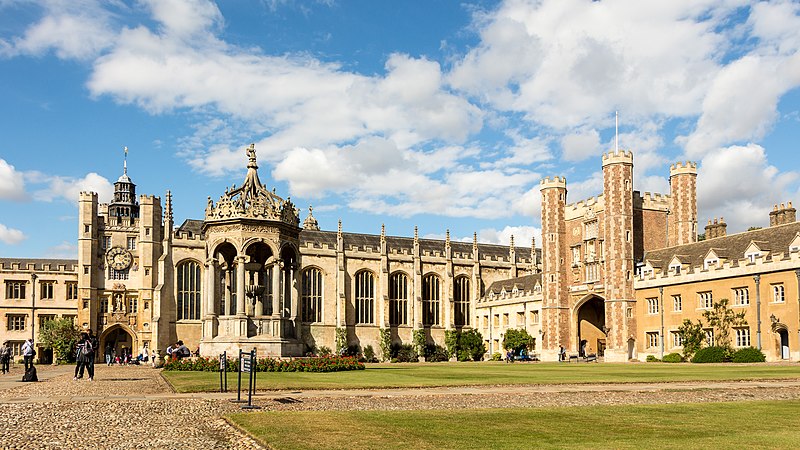
Trinity College at Cambridge University has announced its plan to appoint an academic to a four-year post to examine the college's legacies of slavery. The Legacies of Slavery Research and
Teaching Fellow will explore ways in which Trinity College may have gained from slavery, such as through student fees and alumni bequests, or from college investments. The fellow will also examine the contributions made by Trinity members who opposed slavery. This research initiative is aimed at cultivating a culture of accountability and inclusivity. The college hopes that other institutions will recognize their historical ties to slavery and take tangible steps towards repair and reconciliation.
Isuri Ratnayake, ethnic and inclusion officer of Trinity's Graduate Society, said that examining and acknowledging the college's legacies of slavery was crucial in paving the way towards a more equitable future, free from the shadows of oppression and discrimination. Dr Michael Banner, Dean and Fellow of Trinity, has welcomed this initiative, calling it essential to understanding the extent to which the college was involved or benefited from slavery, whether directly or indirectly. The research will enable debate and discussion from a wide range of perspectives, both within the college community and with the wider public.
This initiative comes after Cambridge University's 2019-2022 Legacies of Slavery Inquiry, which made recommendations for the establishment of a research center at Cambridge and for funding for new partnerships in Africa and the Caribbean, including Cambridge Caribbean Scholarships. Trinity College has pledged to donate £1m over five years to Cambridge Caribbean Scholarships, which will enable up to three Masters' students per year from the Caribbean to study at Cambridge. Additionally, two PhD studentships will be available during the five-year initiative, which begins in October.
Trinity College's initiative is part of a larger trend among academic institutions to examine their historical connections to slavery and colonialism. Other universities, including Georgetown, Harvard, and Yale, have undertaken similar initiatives. These institutions have created research centers, endowed professorships, and offered financial reparations to descendants of enslaved people. The push for reparations has also gained momentum in politics, with cities like Evanston, Illinois, and Asheville, North Carolina, offering reparations to Black residents.
The initiative by Trinity College is significant because of the role that Cambridge University played in the history of British colonialism. The university's graduates, including Sir Winston Churchill and numerous colonial administrators, played a key role in the establishment and maintenance of the British Empire. As such, examining the university's ties to slavery and colonialism is a necessary step towards understanding the enduring legacy of the British Empire and its impact on the world.
Overall, Trinity College's initiative to appoint a Legacies of Slavery Research and Teaching Fellow is a step towards holding institutions accountable for their historical ties to slavery and colonialism. By acknowledging their past, academic institutions can begin to repair the harm caused by centuries of exploitation and discrimination. Photo by Rafa Esteve, Wikimedia commons.









































